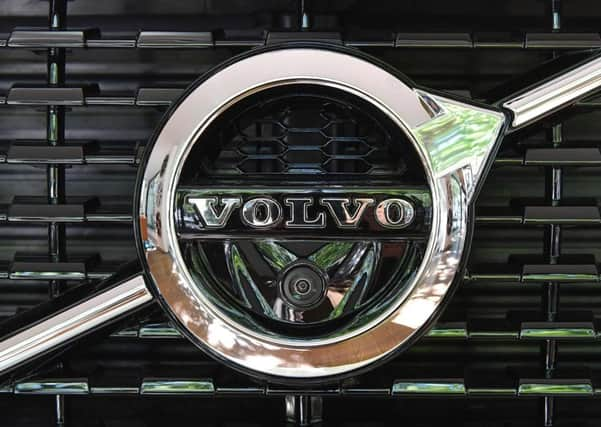Martin Flanagan: Has Volvo sparked the end of petrol engines?
This article contains affiliate links. We may earn a small commission on items purchased through this article, but that does not affect our editorial judgement.


Instead the cars will either be fully electric – the environmentalists’ dream scenario – or hybrid, combining a battery and petrol, or diesel. The latter is already being pioneered by many bus companies.
Further demonstrating the momentum for change, French president Emmanuel Macron’s government said that it will end sales of petrol and diesel vehicles by 2040 to help it meet its targets under the Paris climate accord. In France, particularly, aspiration is not the same thing as delivery, but it is still a significant indication of the car industry’s direction of travel.
Advertisement
Hide AdAdvertisement
Hide Ad• READ MORE: Car sales stuck in slow lane as eco motors rev ahead
Like most industries, from banking to media, from big pharma to energy, carmakers are prone to act as a herd. There is little new under the sun, and what there is does not remain new for long.
Volvo’s international rivals won’t view its pledge with casual interest. It is potentially a game-changer for the auto industry, and they won’t want to be left in the slow lane if the unalloyed combustion engine is finally running out of road.
Many industrial giants talk the talk on innovation, but secretly recoil from being genuine pioneers as the latter can, not infrequently, end up with arrows in their backs.
But the potential death knell of the combustion engine is something nobody can ignore, it will shake up the whole automotive market. China is currently the leader in electric car sales, and it is obviously no coincidence that Volvo’s owner is a Chinese company, Geely.
Jaguar, Audi and Mercedes-Benz all have electric vehicles in the pipeline. Tesla, the US electric car start-up whose stock market value has soared on the commercial possibilities of “green” cars, is about to mass-produce its Model 3 car. Volvo has upped the ante, though, given its scale and global footprint.
Advertisement
Hide AdAdvertisement
Hide AdLike internet shopping on the high street, revenues in battery cars are surging but from relatively small bases. Electric car sales globally were up 42 per cent in 2016.
At the very least, it is clear fossil fuels are going to play a much less prominent fuel in transport in the future.